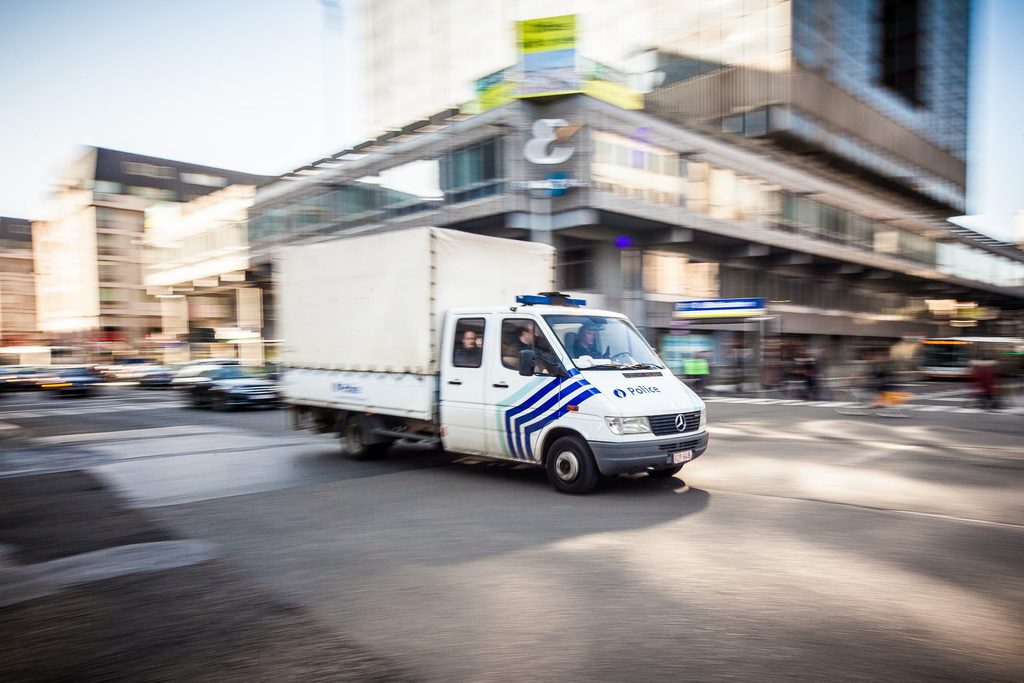There is currently no noise limit set for sirens of new emergency service vehicles in Brussels, resulting in people being woken up in the night or deafened when walking around. In just over a year, these will become much quieter.
As vital as they are in society, fire brigade, police and ambulance vehicles are in the top three noise nuisances that bother Brussels residents due to their loud sirens, a 'perception survey' conducted by Brussels Environment in 2017 showed. Other nuisances include traffic noise and the noise of overflying aircraft.
More than 2,000 vehicles (outside the private sector) that circulate in the Brussels-Capital Region are currently equipped with sound devices. These vehicles are currently not bound to a legal noise limit, despite the fact that the noise they generate can have serious health consequences, especially on hearing and sleep quality.
However, the Brussels Government decided on Thursday that there will be a noise limit for sirens of all new emergency service vehicles in the region from January 2025.
During the day, these vehicles cannot exceed noise levels of 100 decibels, or 90 decibels at night (between 22:00 and 07:00). This is an "ambitious level that will make a difference and ensure that the sleep quality of Brussels residents improves," Environment Minister Alain Maron said.
"Brussels residents should be able to live and relax in a quiet environment, both on the outskirts of the city and in the city centre. That is the aim of the many consultations we have held and thanks to which there is now a legal framework to limit the volume of emergency vehicles' sirens," the Minister, who proposed the new measures, added.
Related News
- Ambulance driver attacked by naked man in Brussels
- Frustrated ambulance staff in Brussels threaten strike after vehicle stolen on duty
The limit that has now been given the green light was subjected to a series of acoustic tests. The tests ensured that emergency vehicle sirens remained perfectly audible to other vehicles and road users, but also that emergency services could continue to carry out their missions safely.
"By reducing noise in the city, we are also protecting the hearing of Brussels residents and reducing their stress and anxiety levels. In short, we are protecting their physical and mental health and improving their quality of life," Maron concluded.

